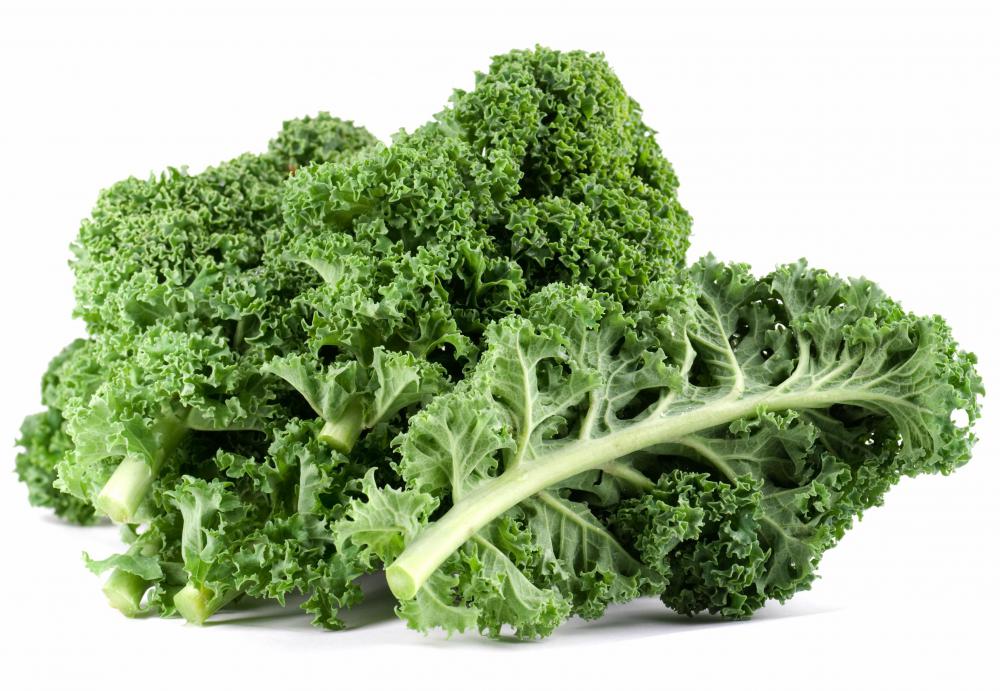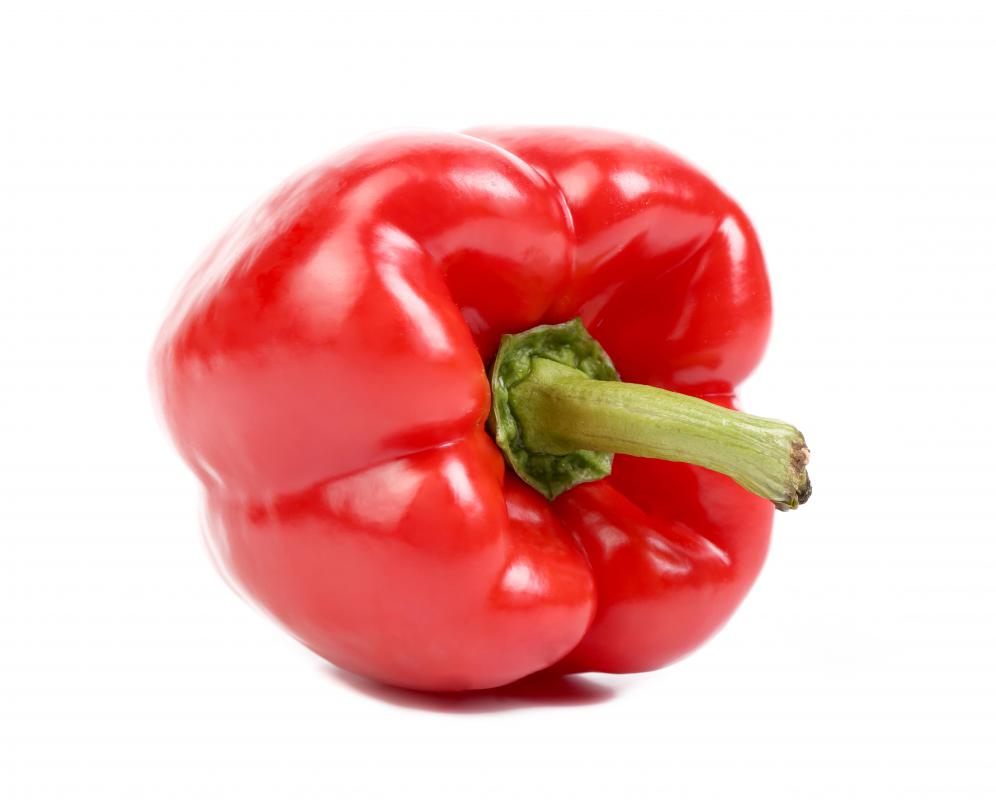At WiseGEEK, we're committed to delivering accurate, trustworthy information. Our expert-authored content is rigorously fact-checked and sourced from credible authorities. Discover how we uphold the highest standards in providing you with reliable knowledge.
Which Foods are Good Sources of Vitamin a?
Vitamin A, also known as retinol, is a fat-soluble vitamin essential for human development. It was in fact one of the first vitamins to be discovered. In 1913, scientists were already touting the benefits of this substance to their patients. Some of the most important functions of vitamin A include:
- Vision protection: This substance is best known as "the eye vitamin," since it protects and improves vision. It helps with night vision, adaptation to low light, and eye focus. Vitamin A deficiencies are believed to be one of the leading causes of blindness in developing countries.
- Resistance to viral infections: A deficiency of vitamin A is often cited as the leading cause an infection takes longer in disappearing. This vitamin stimulates the immune system and increases the production of antibodies.
- Reproduction: Vitamin A is essential for normal reproductive cycles and sperm production. A deficiency can lead to decreased fertility levels.

Vitamin A deficiency is more common in people with malabsorption problems, or those taking certain medications which interfere with absorption, such as Colestid®, a cholesterol-lowering medication, and Neomycin®, an antibacterial drug. Supplements are readily available, and are a good choice for people who are concerned about not getting enough of this substance from their diets, or for those who may think they are somehow losing part of what they take in.

The best sources of vitamin A include animal products such as eggs, cheese and milk, and oily fish. Vegetables are not a good source of vitamin A but they do provide carotenoids, which the body can transform into retinol. The best sources of carotenoids include yellow-red and dark-green plants such as carrots, spinach, bell peppers, kale, and turnip greens.

Because this substance is stored in the body, it is possible to consume too much. Toxicity symptoms for vitamin A include vomiting, fatigue, and loss of appetite; in acute cases, it can lead to visual changes, depression, and anemia. All these symptoms usually reverse themselves as soon as the intake of of the vitamin is decreased.
AS FEATURED ON:
AS FEATURED ON:















Discussion Comments
Did you know that vitamin A also works together with a lot of the other vitamins to help them function properly in your body?
For example, iron and vitamin A are closely connected, since vitamin A can help the body more readily absorb the iron. That's why a lot of doctors prescribe a vitamin A supplement to their patients with anemia, since it can help them get more iron in their bloodstream.
Vitamins A and D also work together. These two are especially good partners in creams and ointments, since both are so great for your skin.
Just some more reasons to get your daily vitamin A!
@Tunaline -- I'm kind of split on what to tell you. The bottom line is, as long as you get it some way, you're doing good. However, if you want my personal opinion, I think it's better to get your vitamin A from foods rather from supplements.
My reasoning is as follows. A lot of people tend to take the "more is better" route with vitamin supplements, thinking that if one vitamin a pill is good for your body, then you should take tons of vitamin a and your body will benefit even more.
However, that's simply not true. Don't get me wrong, vitamin A is fantastic and vital for health, but there is such a thing as too much of a good thing.
Excess vitamin A can actually lead to vitamin A toxicity, which is also called hypervitaminosis A. This can cause liver damage, birth defects, peeling skin, hypertension, and bone growths. Not so great, right? So that's why I usually advise people to try and get their vitamin A from foods rather than from supplements, unless you are really unable to get it in your diet (which would be a very odd circumstance, since so many foods are good sources of vitamin A).
But bottom line is, your first priority should be getting the appropriate amount of vitamin A, and whether it works better for you to get it from food or from a supplement, just make sure you get it.
Do you know if it's better to take vitamin A supplements or just get your vitamin A from food? I know there are tons of vitamin A foods out there, and I'm really interested in getting all those great vitamin A benefits, but is it better to get it in a concentrated supplement form, or simply from food?
Do you have any idea?
Of course the bugs bunny food is loaded with vitamin A. Carrots together with other orange vegetable and fruit fall into that category. Apricots, cantaloupes, sweet potatoes, red bell pepper, peaches all have varying amounts of vitamin A.
Post your comments